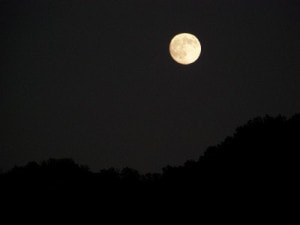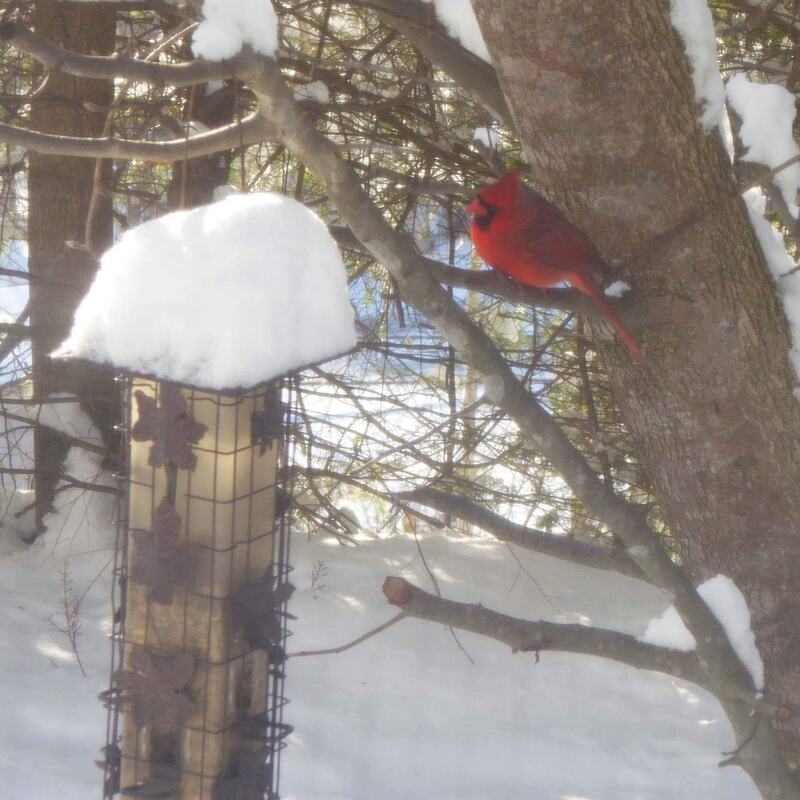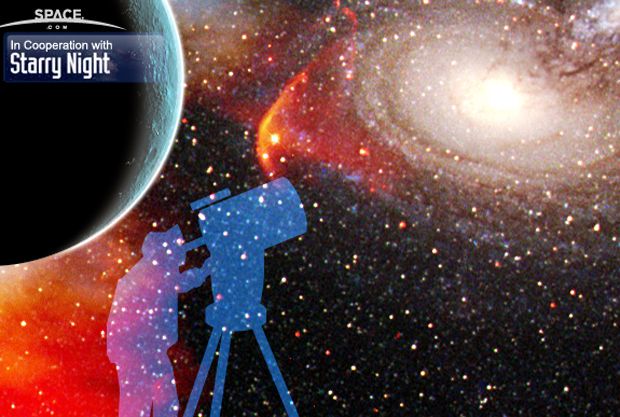6 January 1915 - 16 November 1973
Alan Watts was a philosopher and popularizer of Eastern religions like Buddhism and Taoism, who wrote throughout the Fifties and Xixties. He wanted to bring Eastern ideas to the West, and perhaps did so more than anyone else prior to his time, and perhaps since. Most people associate him with Zen buddhism and other eastern religions, but in his later years he described himself as a Pantheist.
Watts described himself as "an unabashed pantheist" in his autobiography, In My Own Way. He wrote: “We are all unconscious pantheists, trying to grasp the moment, the Eternal Now, in its various forms, trying to identify God with something in the moment.” According to a recent collection of surveys at online pantheism discussion groups, Watts has been considered the favorite communicator and advocate of pantheism, followed closely by Carl Sagan and Eckhart Tolle. Although best known as a Zen Buddhist, his efforts to blend Christianity, mysticism, Taoism, and other Eastern philosophies is actually a form of modern Pantheism.
He said, “The religious idea of God cannot do full duty for the metaphysical infinity.... The style of God venerated in the church, mosque, or synagogue seems completely different from the style of the natural universe.”
His views led to a profound ecological awareness. He complained that “Civilized human beings are alarmingly ignorant of the fact that they are continuous with their natural surroundings.” He saw that in the same way that brains, hearts, lungs, and stomachs are our internal organs, the air, water, plants, insects, birds, fish, and mammals are our external organs."
He said, “The sun, the earth, and the forests are just as much features of your own body as your brain.”
Despite his association with Eastern religions, he centered his religious relationships directly in Nature, not with the writings of men.
He often warned against what he considered spiritual charlatans.
He said: “I wish that there was a way of putting a time-bomb into scriptures and records — not a time-bomb, but some kind of invisible ink, so that all scriptures would un-print themselves about fifty years after the master's death. And just dissolve.”
Watts said “if you want to find out what is the spiritual, what is Buddha-nature, what is Brahman, what is Tao, the best way is to go directly to the physical world and find out: the physical world as you are it, and as everything around you is it; the immediate experience.”
Read more about Alan Watts in this presentation:
Pantheist Prophet: Alan Watts (PDF)
by Harold Wood
from Pantheist Vision, Vol, 38, No. 4, (Winter, 2021-22)







 RSS Feed
RSS Feed